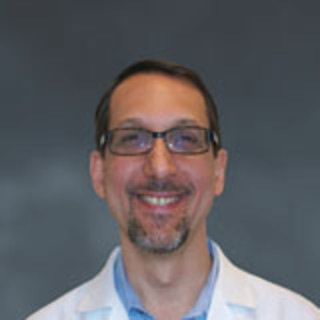The words creativity and medicine don’t appear together nearly enough. That is the feeling which has stayed with me since our inaugural Creativity in Medicine Conference (#DWC19) last month at Philadelphia’s historic Mutter Museum. The event was an outgrowth of Doctors Who Create (DWC), an online community highlighting the creative passions and pursuits of health care professionals.
It was created by Vidya Viswanathan, a graduating medical student at the Perelman School of Medicine at the University of Pennsylvania. Last fall, she proposed the idea of a conference where contributors to the site and others trying to keep their creativity alive alongside medical endeavors could meet, interact, share ideas, and gain inspiration from each other. The ultimate goal: highlight the transformative power of creators in medicine. She assembled a planning team composed of writers, artists, creative media producers, and activists at all stages of their medical careers who worked together to bring this vision to life.
The culmination of this effort was a full day conference which included a variety of inspiring presentations, panel discussions and workshops, and an art exhibit featuring original works by conference organizers and attendees. The keynote speaker was Emily Silverman, MD, a hospitalist and creator of the highly acclaimed medical storytelling podcast The Nocturnists.
Silverman described her struggle to marry a dual fascination with science and art, eventually arriving at a magical and engaging forum where clinicians share their stories of joy, struggle, insight, and growth.
Panel discussions on “How to Keep Creativity a Part of Your Medical Career” and “Activism in Medicine” included panelists from medical school through mid-career, all of whom had equally powerful and relevant messages. An overriding creative spirit welcomed all and seemed to make our usual hierarchy fade away like a mirage.
The afternoon began with something entirely novel: a live version of a one-of-a-kind medical humanities Twitter chat group (#medhumchat) with its founder Colleen Farrell, MD, an Internal Medicine resident and writer currently at NYU-Langone. She led a discussion of a poem written by phsycian-poet Rafael Campo, MD, titled “Why Doctors Write”, while tweets from around the world weighed in and were projected on a screen for all to see and react to. It was quite striking to witness the breadth of influence of this platform.
After the second of two sessions of diverse interactive workshops, the day ended with a live storytelling event in collaboration with The Nocturnists podcast. The stories explored the topic of identity in medicine, told through the perspectives of five physicians and physicians-in-training who shared their humor, vulnerability, and poignant memories of finding their way in our chosen profession — one ripe with challenges and abundant rewards.
There was a palpable energy in the air all day — that of stories heard and told, connections made, and friendships forming among the curious, enthusiastic, and like-minded. For me, the most powerful vitality came from the uninhibited sharing of creative work and ideas. Thoughts, words, and images poured out like genies being released from bottled captivity, aspects of our lives which may be suppressed during work days by the rigor of the study, research, or patient care. The conference allowed all of this energy to come out in full force.
A few weeks have passed since #DWC19 and the inspiration that I gained has not dipped a bit. My list of writing projects has grown, and other creative ideas are swirling around non-stop. What impressed me the most, however, was seeing so many students and early-career physicians discussing and displaying their creativity. Like many physicians from my generation, I had to resurrect my creative passions after training and years of practice. I am hopeful that these young physicians and physicians-to-be will carry theirs alongside them unhindered throughout their doctoring journeys. Planning for Creativity in Medicine 2020 is already underway.
Jeffrey Howard Millstein, MD is a practicing internist and serves as physician champion for the patient experience initiative at Clinical Care Associates of Penn Medicine. He leads initiatives and serves as a resource for clinicians and staff to help improve patient-centered communication skills. You can follow him on Twitter @millstej.







